4-Methyl-3-nitrobenzoic acid
Synonym(s):3-Nitro-p-toluic acid
- CAS NO.:96-98-0
- Empirical Formula: C8H7NO4
- Molecular Weight: 181.15
- MDL number: MFCD00007174
- EINECS: 202-549-3
- SAFETY DATA SHEET (SDS)
- Update Date: 2024-12-18 14:15:30

What is 4-Methyl-3-nitrobenzoic acid?
Chemical properties
white to light yellow crystal powder
The Uses of 4-Methyl-3-nitrobenzoic acid
4-Methyl-3-nitrobenzoic acid was used in the synthesis of one-dimensional (1D) lanthanide coordination complexes.
General Description
Prismatic crystals or off-white powder.
Air & Water Reactions
Insoluble in water.
Reactivity Profile
4-Methyl-3-nitrobenzoic acid is a nitrated carboxylic acid. Carboxylic acids donate hydrogen ions if a base is present to accept them. They react in this way with all bases, both organic (for example, the amines) and inorganic. Their reactions with bases, called "neutralizations", are accompanied by the evolution of substantial amounts of heat. Neutralization between an acid and a base produces water plus a salt. Carboxylic acids with six or fewer carbon atoms are freely or moderately soluble in water; those with more than six carbons are slightly soluble in water. Soluble carboxylic acid dissociate to an extent in water to yield hydrogen ions. The pH of solutions of carboxylic acids is therefore less than 7.0. Many insoluble carboxylic acids react rapidly with aqueous solutions containing a chemical base and dissolve as the neutralization generates a soluble salt. Carboxylic acids in aqueous solution and liquid or molten carboxylic acids can react with active metals to form gaseous hydrogen and a metal salt. Such reactions occur in principle for solid carboxylic acids as well, but are slow if the solid acid remains dry.
Fire Hazard
Information concerning the flash point of 4-Methyl-3-nitrobenzoic acid is not available. 4-Methyl-3-nitrobenzoic acid is probably combustible.
Purification Methods
Recrystallise the acid from EtOH. The S-benzylisothiuronium salt has m 167168o (EtOH). The acid chloride [10397-30-5] has m 20-21o, b 185o/36mm, and the methyl ester [7356-11-8] crystallises as pale yellow needles from MeOH with m 51o. [Beilstein 9 H 502, 9 II 334, 9 III 2359.]
Properties of 4-Methyl-3-nitrobenzoic acid
| Melting point: | 187-190 °C (lit.) |
| Boiling point: | 314.24°C (rough estimate) |
| Density | 1.4283 (rough estimate) |
| vapor pressure | 0.001Pa at 20℃ |
| refractive index | 1.5468 (estimate) |
| storage temp. | Sealed in dry,Room Temperature |
| solubility | 0.257g/l |
| pka | 3.66±0.10(Predicted) |
| form | Crystalline Powder |
| color | White to light yellow |
| Water Solubility | <0.1 g/100 mL at 22 ºC |
| BRN | 1874411 |
| CAS DataBase Reference | 96-98-0(CAS DataBase Reference) |
| EPA Substance Registry System | 4-Methyl-3-nitrobenzoic acid (96-98-0) |
Safety information for 4-Methyl-3-nitrobenzoic acid
| Signal word | Warning |
| Pictogram(s) |
 Exclamation Mark Irritant GHS07 |
| GHS Hazard Statements |
H315:Skin corrosion/irritation H319:Serious eye damage/eye irritation H335:Specific target organ toxicity, single exposure;Respiratory tract irritation |
| Precautionary Statement Codes |
P261:Avoid breathing dust/fume/gas/mist/vapours/spray. P264:Wash hands thoroughly after handling. P264:Wash skin thouroughly after handling. P280:Wear protective gloves/protective clothing/eye protection/face protection. P304+P340:IF INHALED: Remove victim to fresh air and Keep at rest in a position comfortable for breathing. P305+P351+P338:IF IN EYES: Rinse cautiously with water for several minutes. Remove contact lenses, if present and easy to do. Continuerinsing. P405:Store locked up. |
Computed Descriptors for 4-Methyl-3-nitrobenzoic acid
4-Methyl-3-nitrobenzoic acid manufacturer
ALTRAKEM PHARMA LIFE SCIENCES PRIVATE LIMITED
ALS INDIA LIFE SCIENCES
BASR Fine Chemicals Pvt. Ltd.
New Products
(S)-3-Aminobutanenitrile hydrochloride 4-Methylphenylacetic acid N-Boc-D-alaninol N-BOC-D/L-ALANINOL Tert-butyl bis(2-chloroethyl)carbamate 3-Morpholino-1-(4-nitrophenyl)-5,6-dihydropyridin- 2(1H)-one Furan-2,5-Dicarboxylic Acid Tropic acid 1-Bromo-3,5-Di-Tert-Butylbenzene S-2-CHLORO PROPIONIC ACID ETHYL ISOCYANOACETATE 2-Bromo-1,3-Bis(Dimethylamino)Trimethinium Hexafluorophosphate 4-IODO BENZOIC ACID 3-NITRO-2-METHYL ANILINE 1-(2,4-DICHLOROPHENYL) ETHANAMINE (2-Hydroxyphenyl)acetonitrile 4-Bromopyrazole 2-(Cyanocyclohexyl)acetic acid 4-methoxy-3,5-dinitropyridine 1-(4-(aminomethyl)benzyl)urea hydrochloride 2-aminopropyl benzoate hydrochloride diethyl 2-(2-((tertbutoxycarbonyl)amino) ethyl)malonate tert-butyl 4- (ureidomethyl)benzylcarbamate Ethyl-2-chloro((4-methoxyphenyl)hydrazono)acetateRelated products of tetrahydrofuran
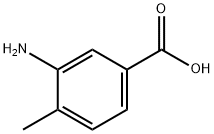
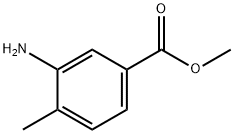
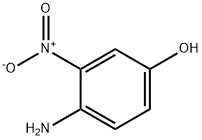
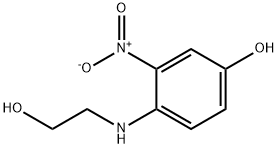
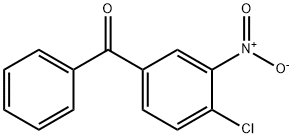
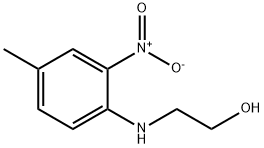
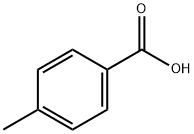

You may like
-
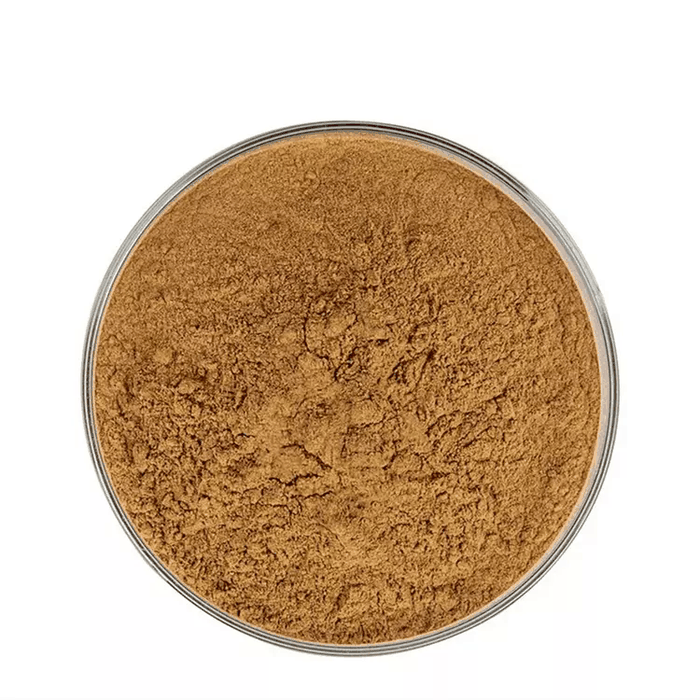 96-98-0 4-Methyl-3-nitrobenzoic acid 99%View Details
96-98-0 4-Methyl-3-nitrobenzoic acid 99%View Details
96-98-0 -
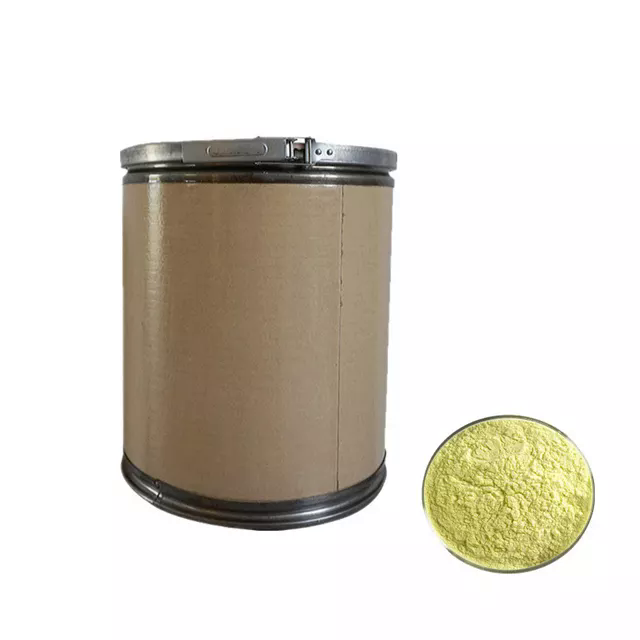 96-98-0 98%View Details
96-98-0 98%View Details
96-98-0 -
 4-Methyl-3-nitrobenzoic acid 96-98-0 98%View Details
4-Methyl-3-nitrobenzoic acid 96-98-0 98%View Details
96-98-0 -
 96-98-0 98%View Details
96-98-0 98%View Details
96-98-0 -
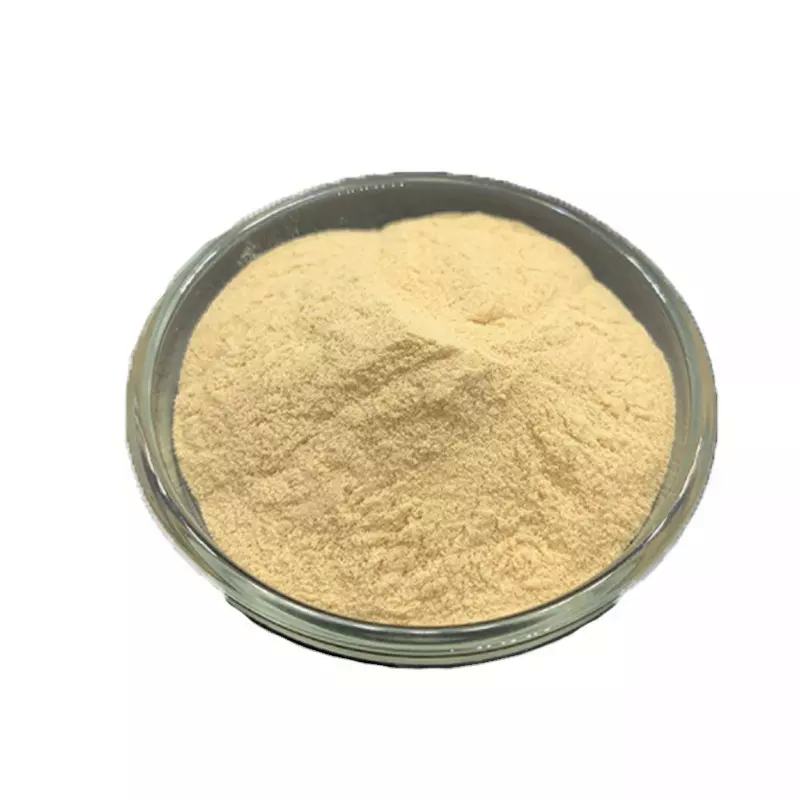 3 Nitro 4 Methyl Benzoic Acid 99%View Details
3 Nitro 4 Methyl Benzoic Acid 99%View Details
96-98-0 -
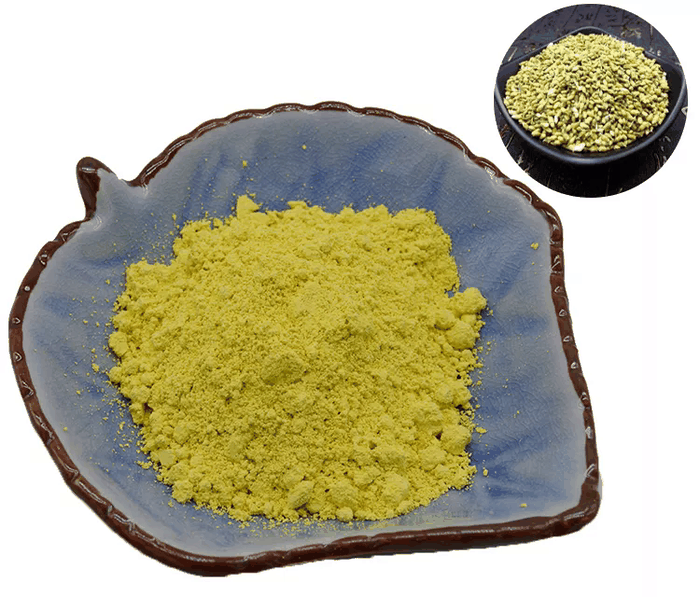 4-Methyl-3-nitrobenzoic Acid 96-98-0 99%View Details
4-Methyl-3-nitrobenzoic Acid 96-98-0 99%View Details
96-98-0 -
 96-98-0 4-Methyl-3-nitrobenzoic acid 98%View Details
96-98-0 4-Methyl-3-nitrobenzoic acid 98%View Details
96-98-0 -
 4-Methyl-3-nitrobenzoic Acid CAS 96-98-0View Details
4-Methyl-3-nitrobenzoic Acid CAS 96-98-0View Details
96-98-0